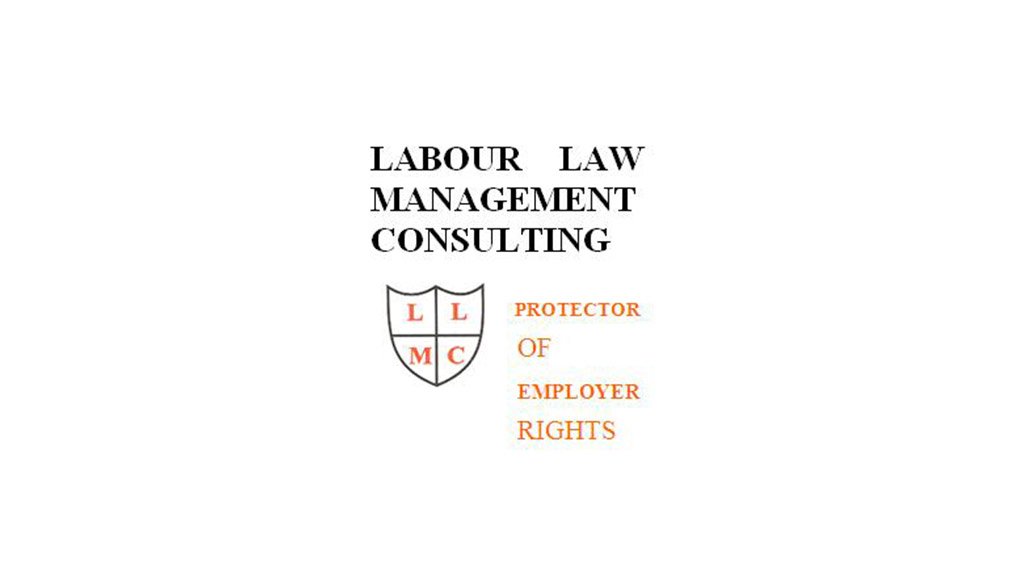Employers frequently know for certain that serious misconduct has occurred but are unable to prove which employee or employees are responsible.
Employers are often tempted in such cases to discipline everyone who could possibly have been involved in such misconduct.
In the case of NUSFRAW obo Gomez & others vs Score Supermarkets (2003, 8 BALR 925) a group of managers were dismissed as a result of stock losses amounting to six million rand. While there was no proof that these managers had stolen the missing stock they were held responsible for the losses and disputed their dismissals at the CCMA. The arbitrator found that the markedly poor management of the business by the dismissed employees (and others) had led to the losses and that this justified the dismissal.
The outcome of this case has misled a number of employers into believing that all group dismissals are fair. However, this will not always be the case and is, at best, likely to hold true only in exceptional circumstances. It will depend on the extent to which the employees specifically have responsibility for prevention of losses and have the means of preventing losses. It will also depend on the viewpoint of each individual arbitrator.
At the CCMA arbitrators have more than once found against the concept of group punishment. In NUM & Others vs RSA Geological Services (2004, 1 BALR 1) fifteen employees were dismissed after kimberlite was found dumped down a borehole. The CCMA found in favour of the dismissal of five of the employees because there was some evidence of their individual guilt. However, the arbitrator ordered the reinstatement of the other ten employees as there was insufficient proof that they had been implicated in the dumping of the kimberlite.
Again in SAGAWU obo Cingo & Another vs Pep SA Limited (2004, 10 BALR 1262) the entire staff of one of the employer’s stores were dismissed for stock losses. The CCMA found that the group dismissal was unfair because the employer had failed to prove that the dismissed employees were guilty of misconduct. The dismissed employees were reinstated with full retrospective effect.
The apparent lack of consistency in case law and the powerful laws protecting employees from unfair dismissal sound a strong warning to employers not to act against employees before they fully understand their legal rights. The correct actions of the employer will differ from case to case depending on a number of legal subtleties and interpretations.
Written by Ivan Israelstam, Chief Executive of Labour Law Management Consulting.
To buy the E-Book, WALKING THE NEW LABOUR LAW TIGHTROPE please contact Ivan on ivan@labourlawadvice.co.za or 011-8887944.
EMAIL THIS ARTICLE SAVE THIS ARTICLE ARTICLE ENQUIRY
To subscribe email subscriptions@creamermedia.co.za or click here
To advertise email advertising@creamermedia.co.za or click here











